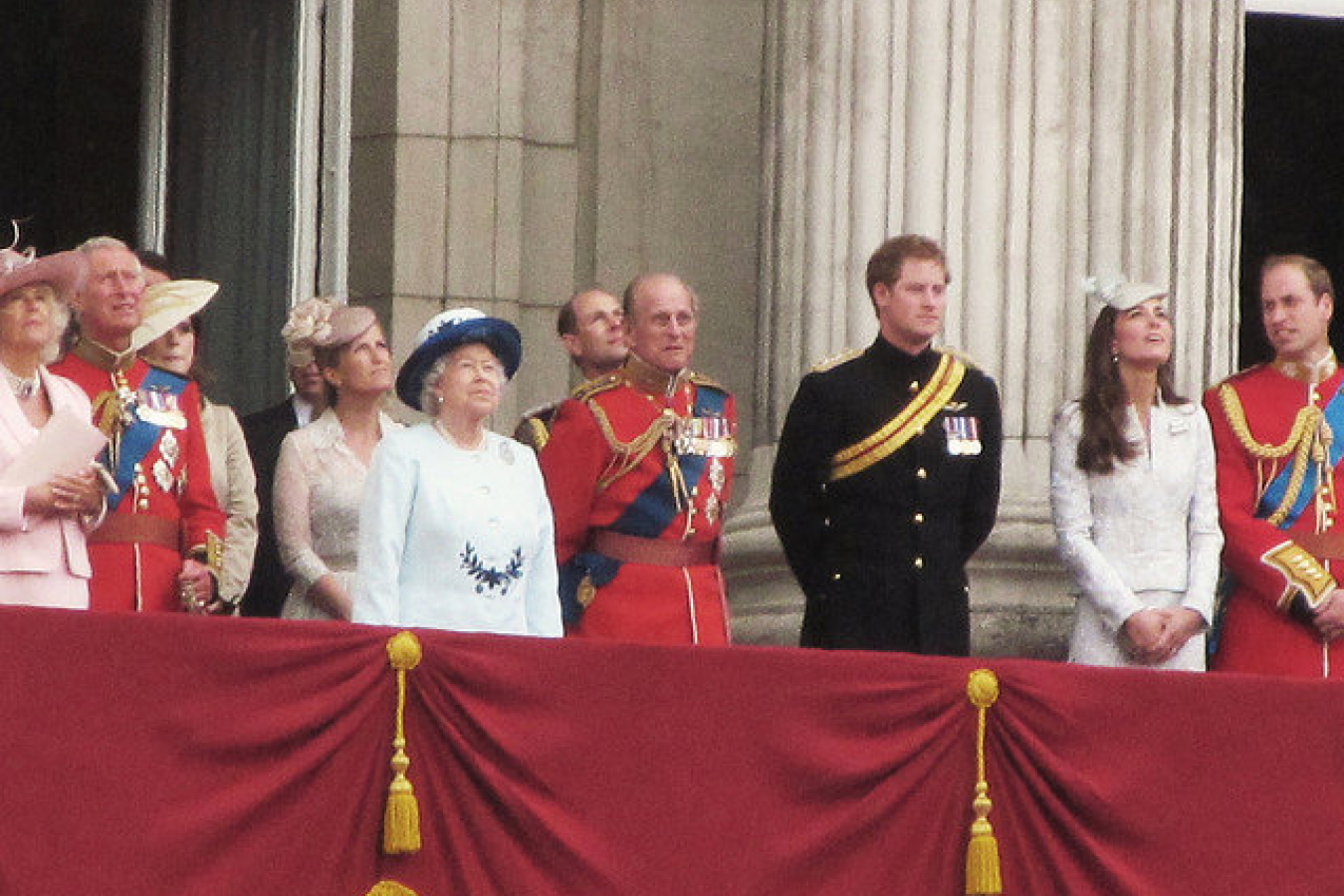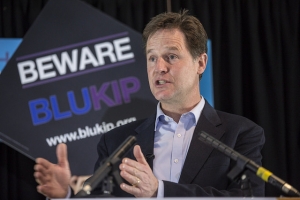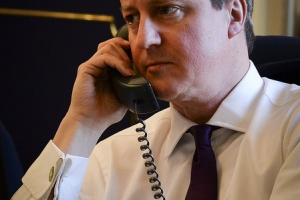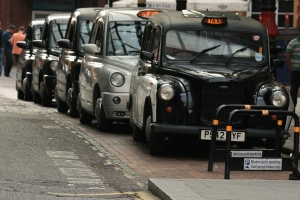Support migrant centric journalism today and donate

A former UK deputy Prime Minister has called for foreign students to be excluded from the UK government's immigration figures, explaining that students are 'not the sort of people causing the anxiety about immigration.'
In an interview aired on BBC radio 4 in August 2014, Lord Heseltine, former Deputy Prime Minister under John Major, and now a Conservative life peer, spoke about his concerns that including foreign students in plans to reduce non-EU migration will risk damaging the UK's reputation abroad.
He said most people were not concerned about foreign students, as most of them return to their home countries after completing their courses, and then go on to become 'ambassadors' for the UK abroad.He also argued that reducing the number of foreign students would dramatically cut funding to UK universities, as many students pay thousands of pounds in tuition fees to come here and study. Removing this source of income would risk damaging the universities and their ability to fund world-class teaching facilities which they currently provide.
Lord Heseltine's views are supported by the leader of the Liberal Democrats Nick Clegg as well as the opposition, Labour Party's shadow business secretary Chuka Umunna.
His comments also appear to be supported by the general public; figures quoted in the Daily Mail show that only 20% of people consider foreign students as 'immigrants.' The figures also showed that almost 60% of people do not want the number of foreign students to be reduced.
There was however criticism by Migration Watch UK, which pointed out that only one-third of non-EU students actually return home after completing their degrees. Their chairman, Sir Andrew Green said: 'The student route has become a massive hole in our immigration system. That is why the government must stick to their guns on this matter.'
The Prime Minister, David Cameron's has promised to reduce immigration to less than 100,000 a year by 2015. He has announced tougher new rules for universities and colleges who sponsor international students to come to the UK.
From November onwards, educational institutions will lose their 'highly-trusted sponsor' status if 10% or more of the students who are offered places are refused visas. At the moment the threshold stands at 20%.
The Home Office have also responded to Lord Heseltine's comments by arguing that because international students have 'an impact on our communities and our public services' that they would continue to be counted in net migration figures.
The Home Office say that they are committed to 'building an immigration system that is fair to British citizens and legitimate migrants and tough on those who flout the rules.'
The most recent Home Office figures show that study-related visas had increased by 6% to 219,053 in the year ending March 2014. Part of the increase was due to higher numbers of Chinese, Malaysian and Brazilian students arriving in the UK.
International students are currently the largest group of migrants from outside the UK, that are included in the Government's immigration figures. UK immigration has made it more difficult for overseas students to gain entry to the UK over the last few years. There are tougher visa requirements. 'Bogus colleges' have been shut down affecting many students. In addition, it has become much more difficult for students to remain in the UK after their studies.





















